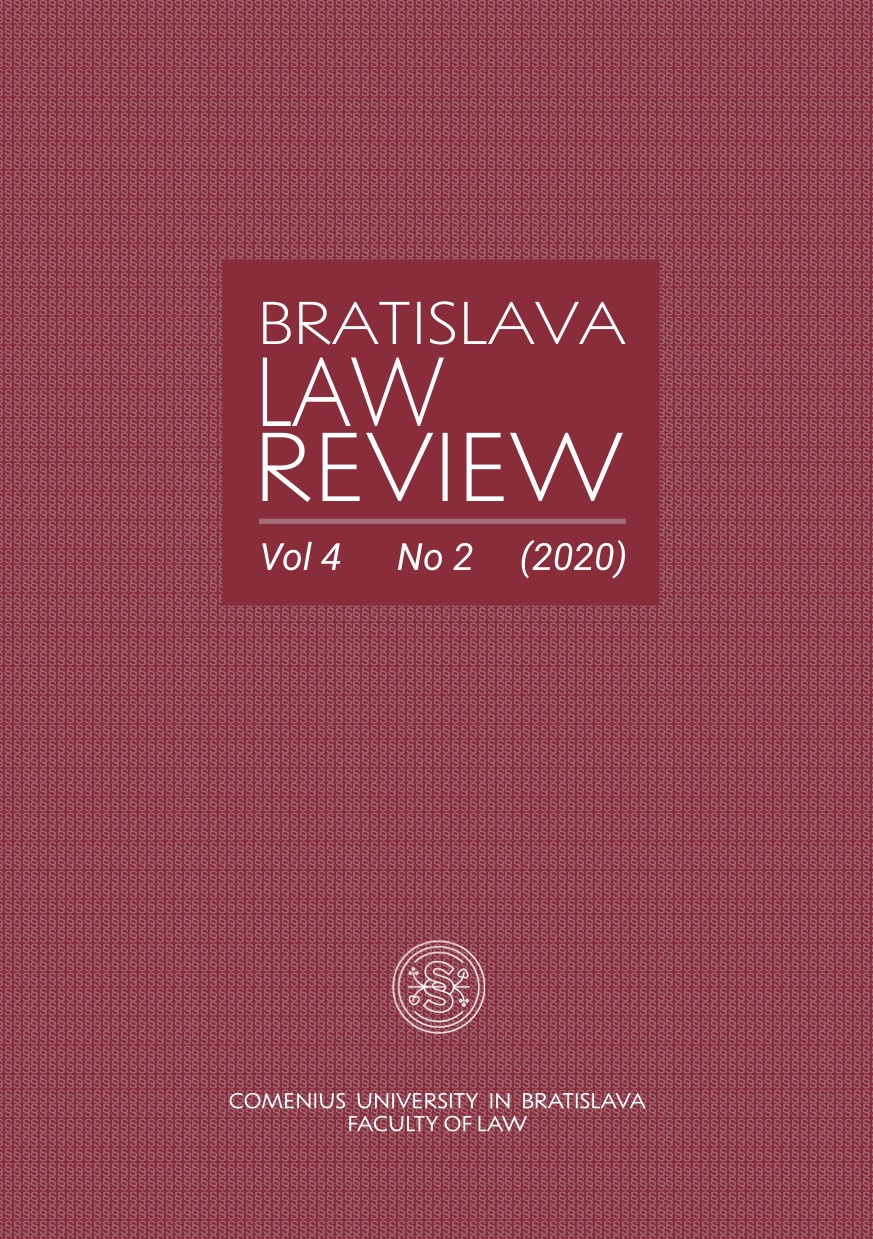Interpreting Law Through International Judicial Dialogue by Polish Courts
Interpreting Law Through International Judicial Dialogue by Polish Courts
Author(s): Magdalena Matusiak-FrącczakSubject(s): Law, Constitution, Jurisprudence, International Law, Court case
Published by: Univerzita Komenského v Bratislave
Keywords: dialogue; international judicial dialogue; jurisprudence; courts; case-law; globalisation; comparative constitutionalism; Polish law;
Summary/Abstract: International judicial dialogue is a new method of law interpretation that gains popularity in analyses of legal scholars and still raises a lot of doubts both on its existence as well as its definition. This paper will deal with the application of this technique by Polish courts. In the first place, it will be explained what international judicial dialogue actually means. Afterwards, the paper will in detail discuss problems connected to the use of this method on the basis of decisions of Polish courts, first, by presenting examples of a proper, decorative and failed dialogue, and then by emphasizing complications caused by this method in the Polish jurisprudence. It will be also explored whether there exists a real dialogue, meaning that not only Polish courts receptively refer to judgments of international and foreign courts, but there is also some level of reciprocity in those references. At the end of the paper, the advantages and disadvantages of this method will be deliberated. In this part, I will suggest some solutions permitting mitigation of some adverse effects s of this technique.
Journal: Bratislava Law Review
- Issue Year: 4/2020
- Issue No: 2
- Page Range: 49-70
- Page Count: 22
- Language: English

